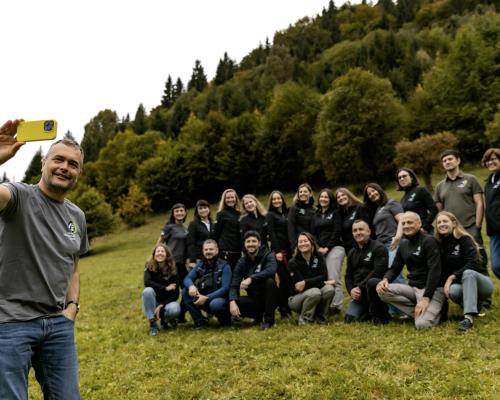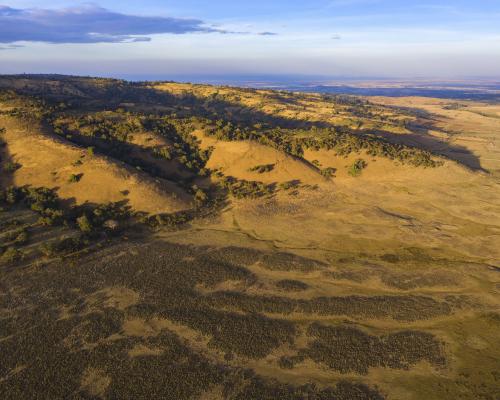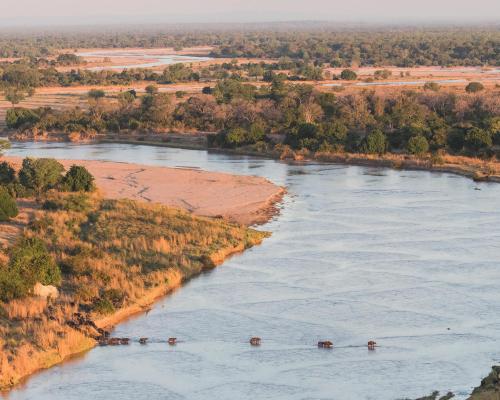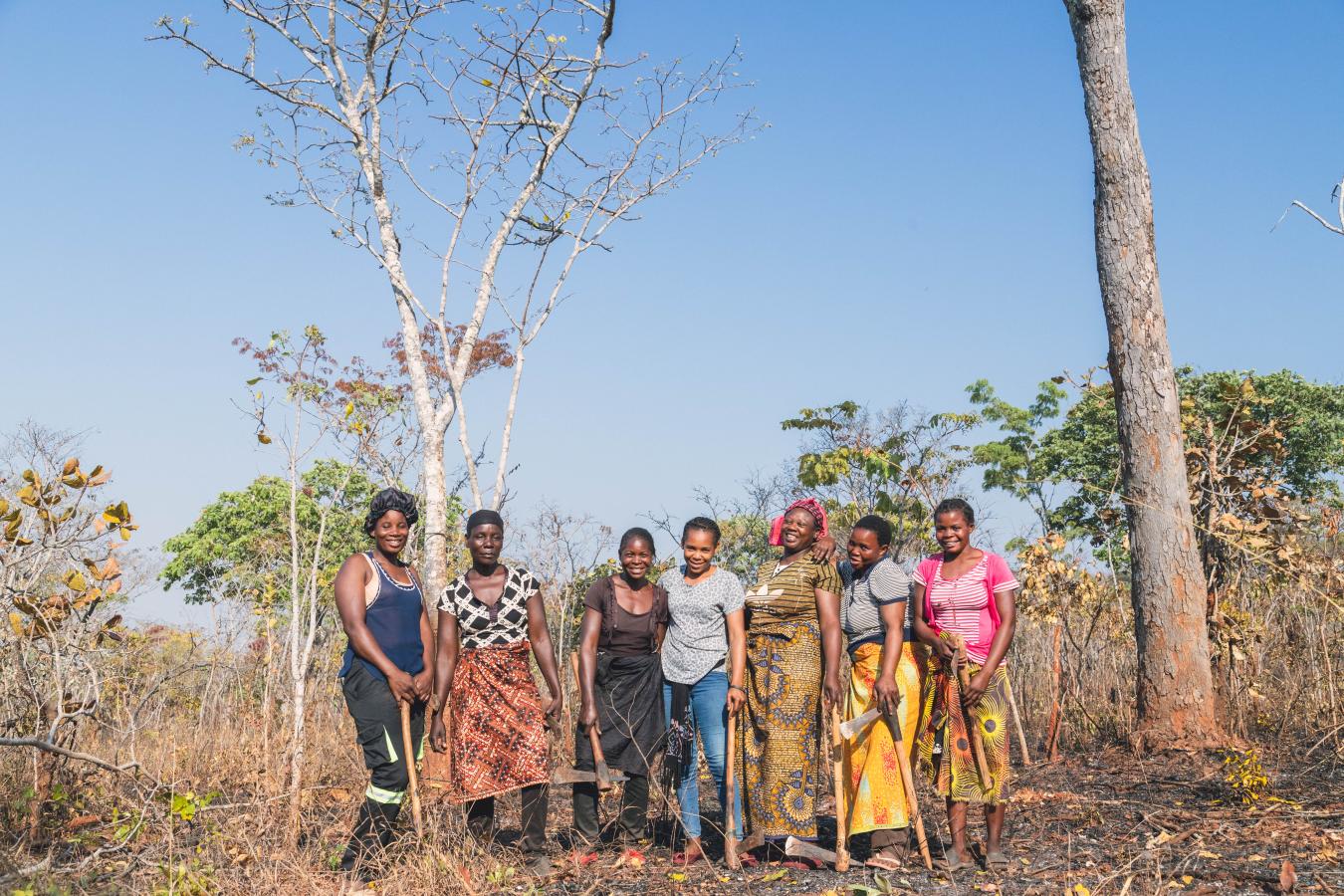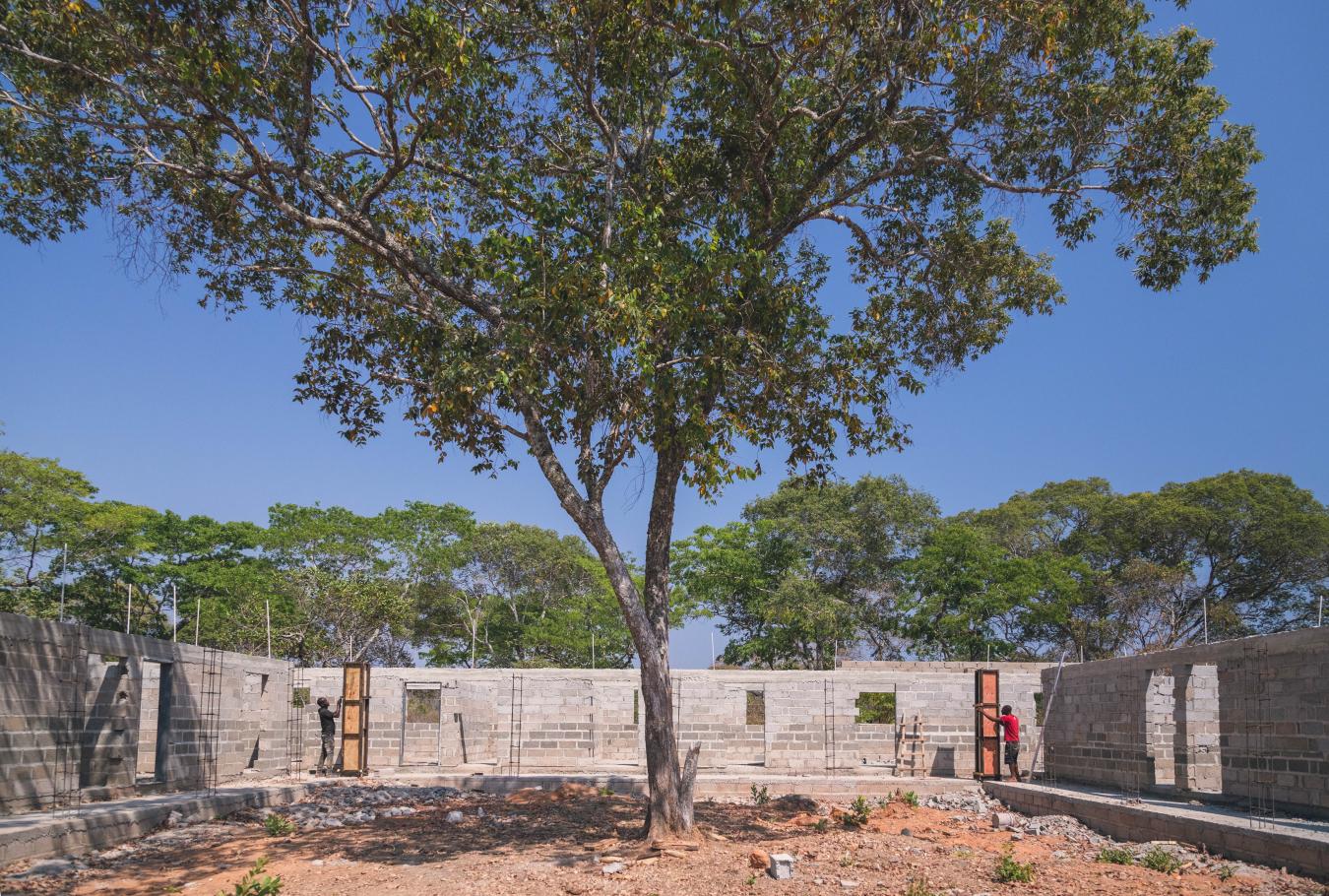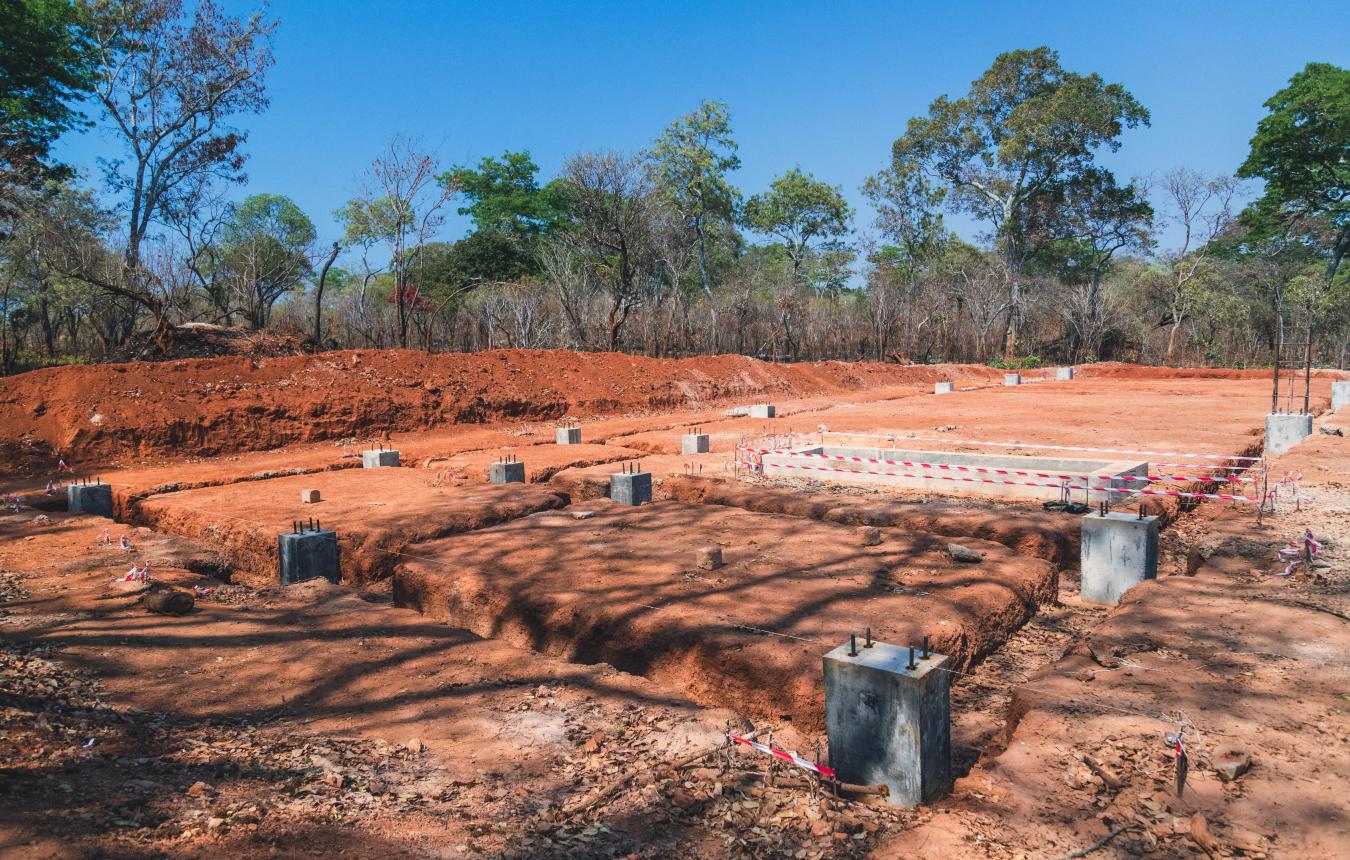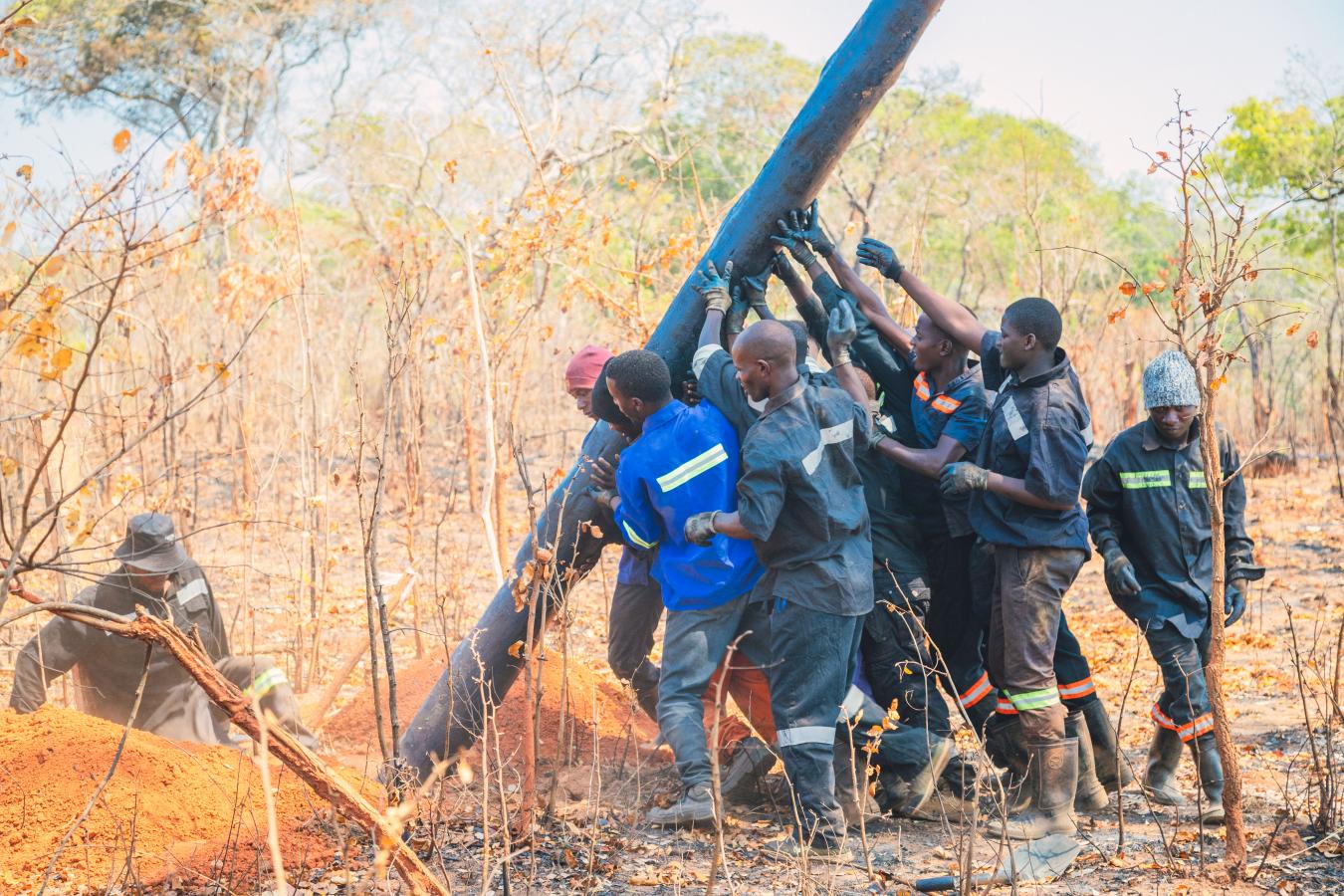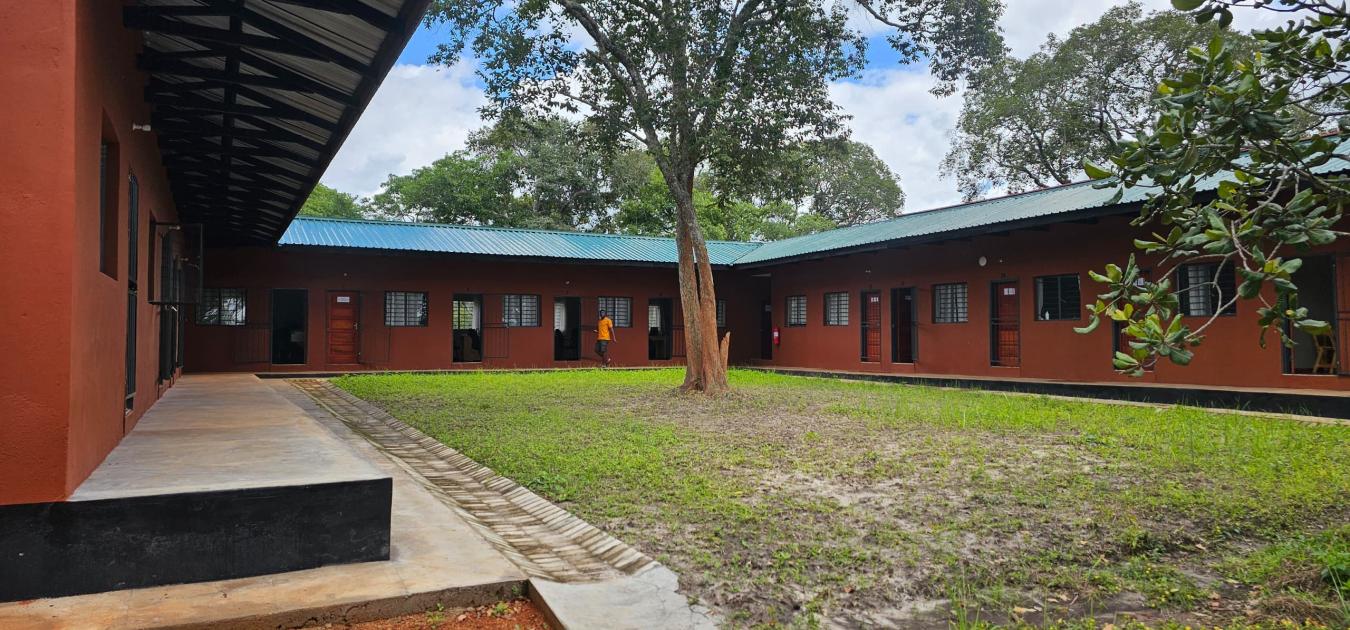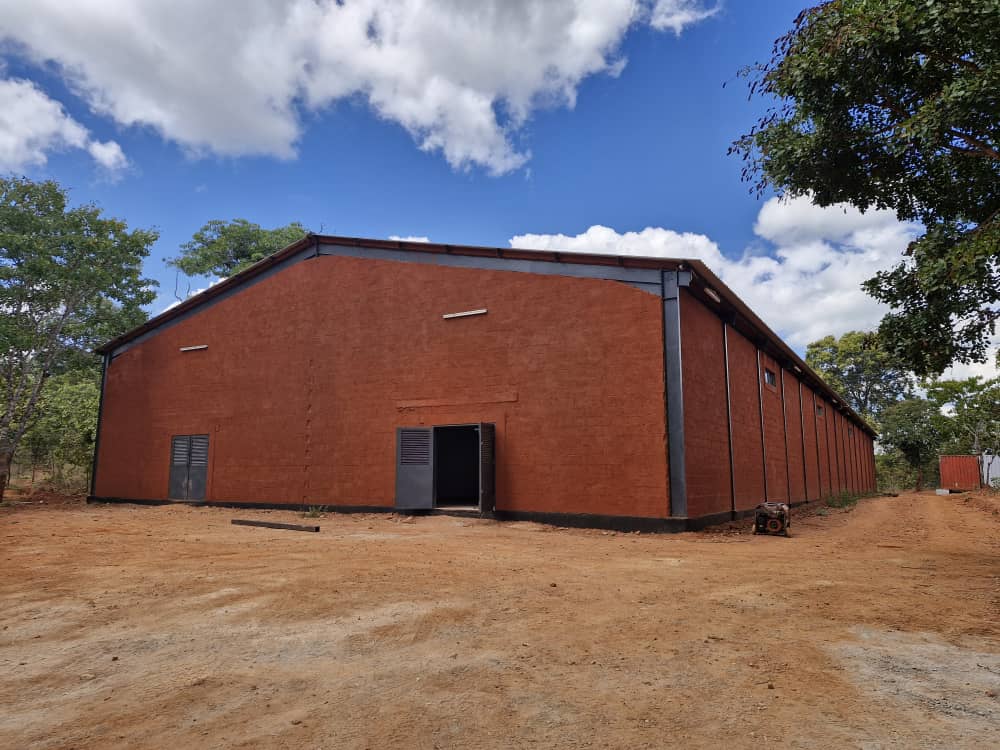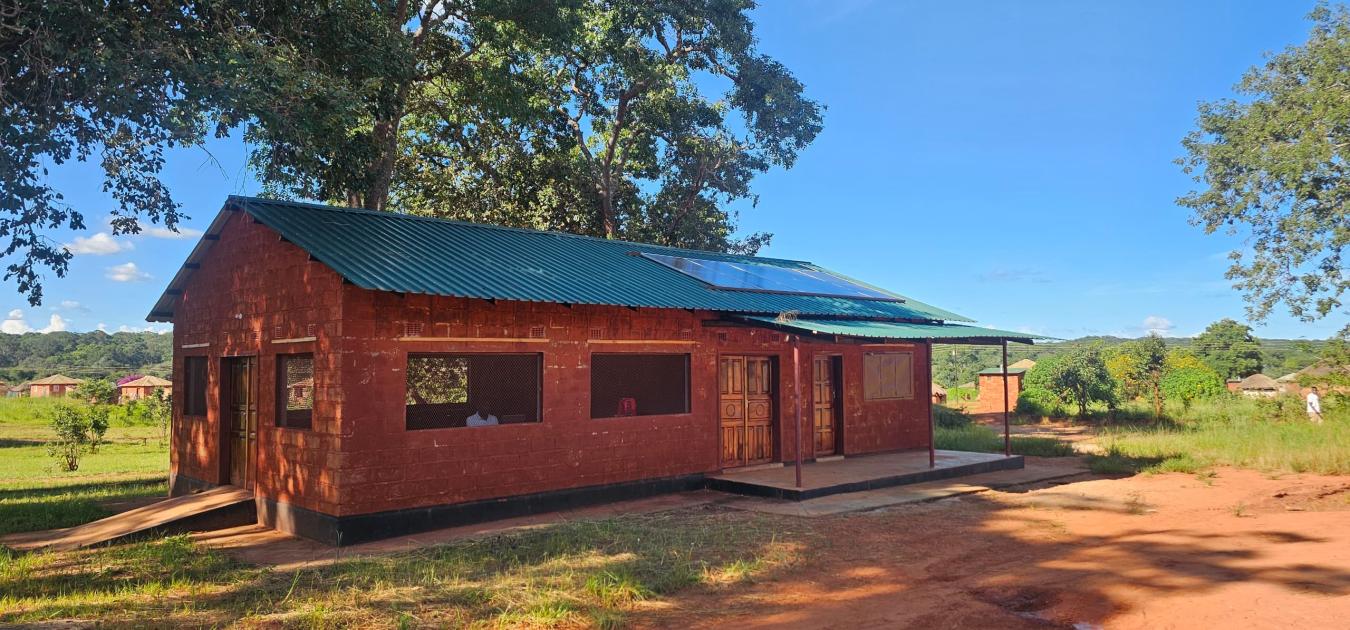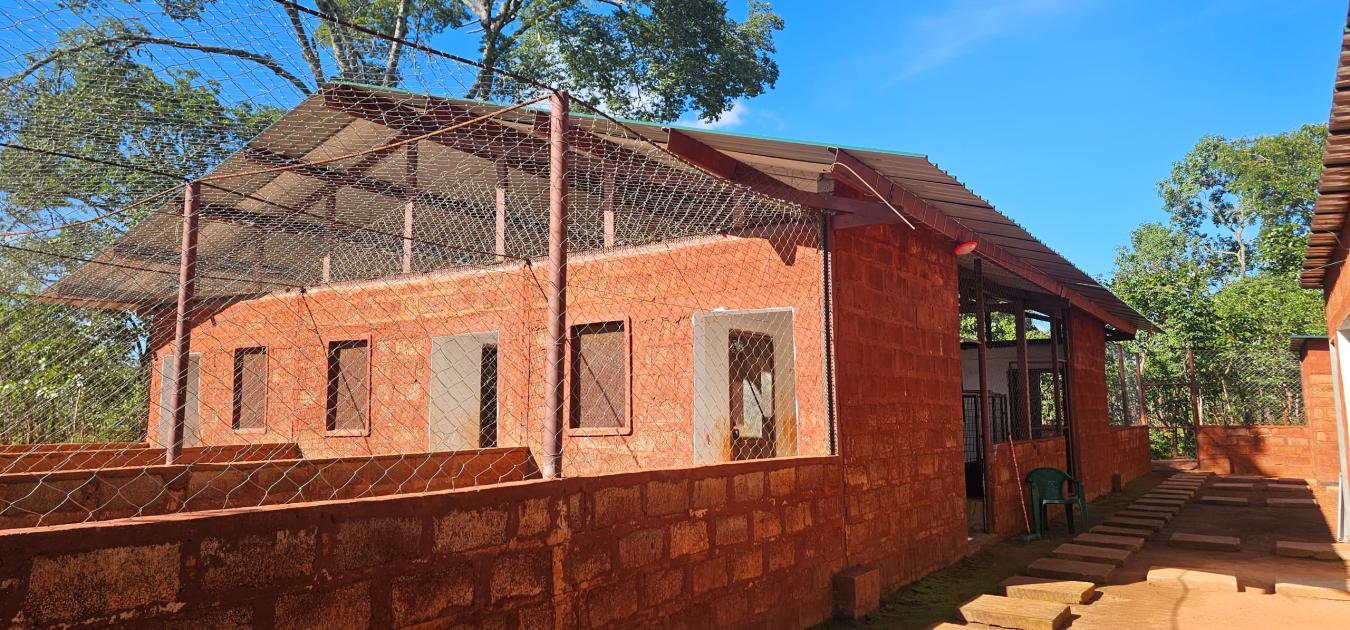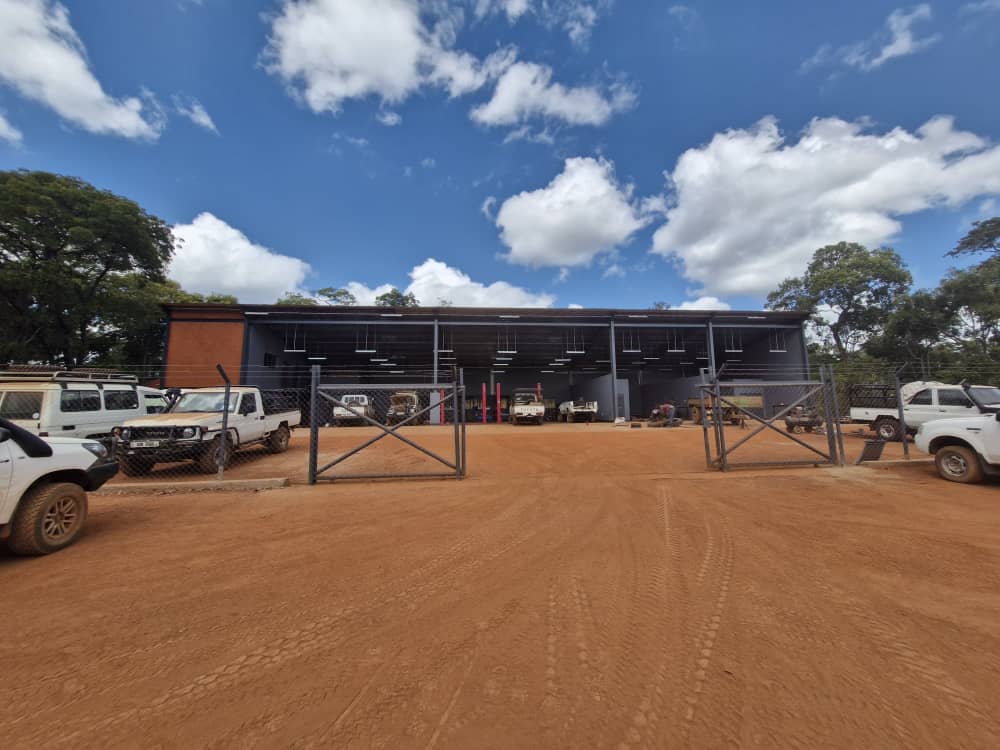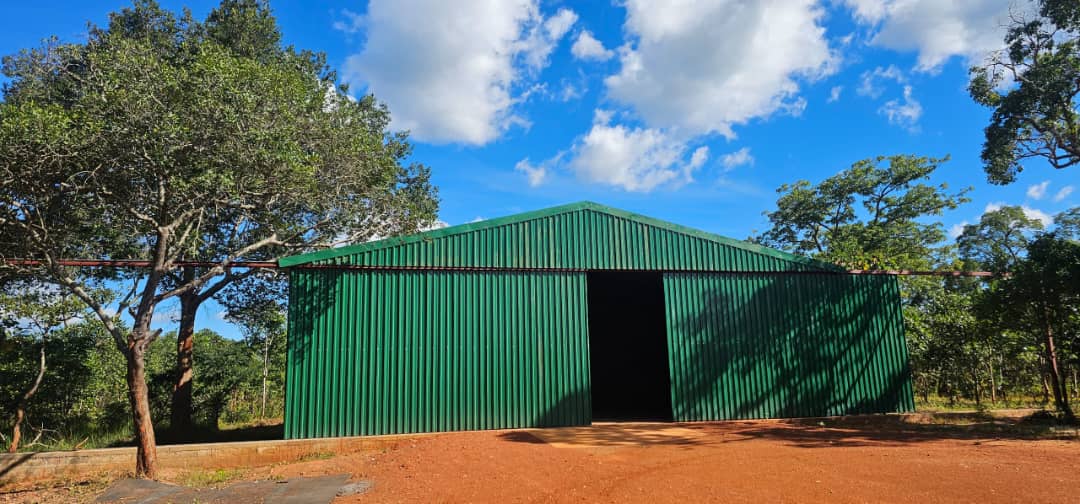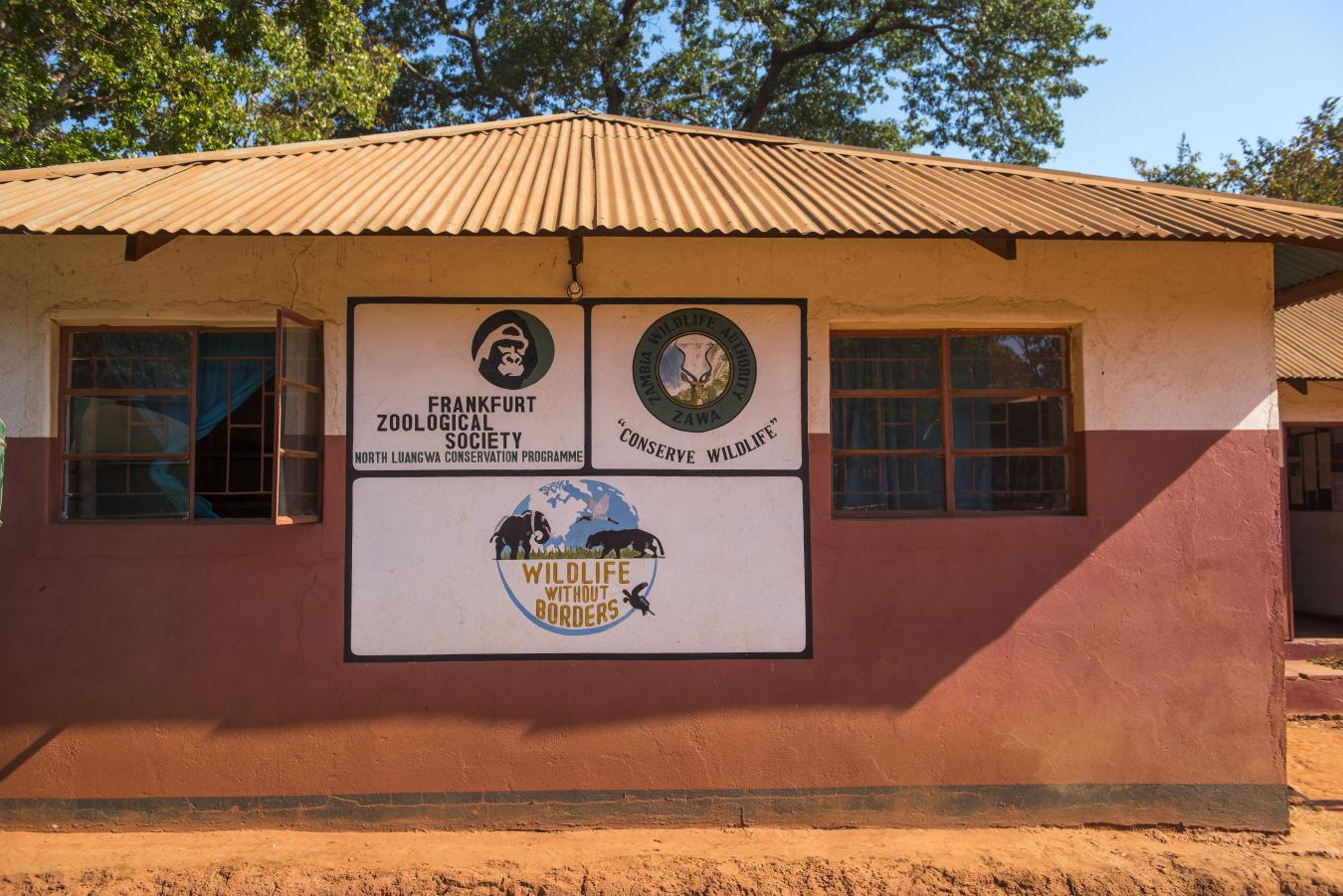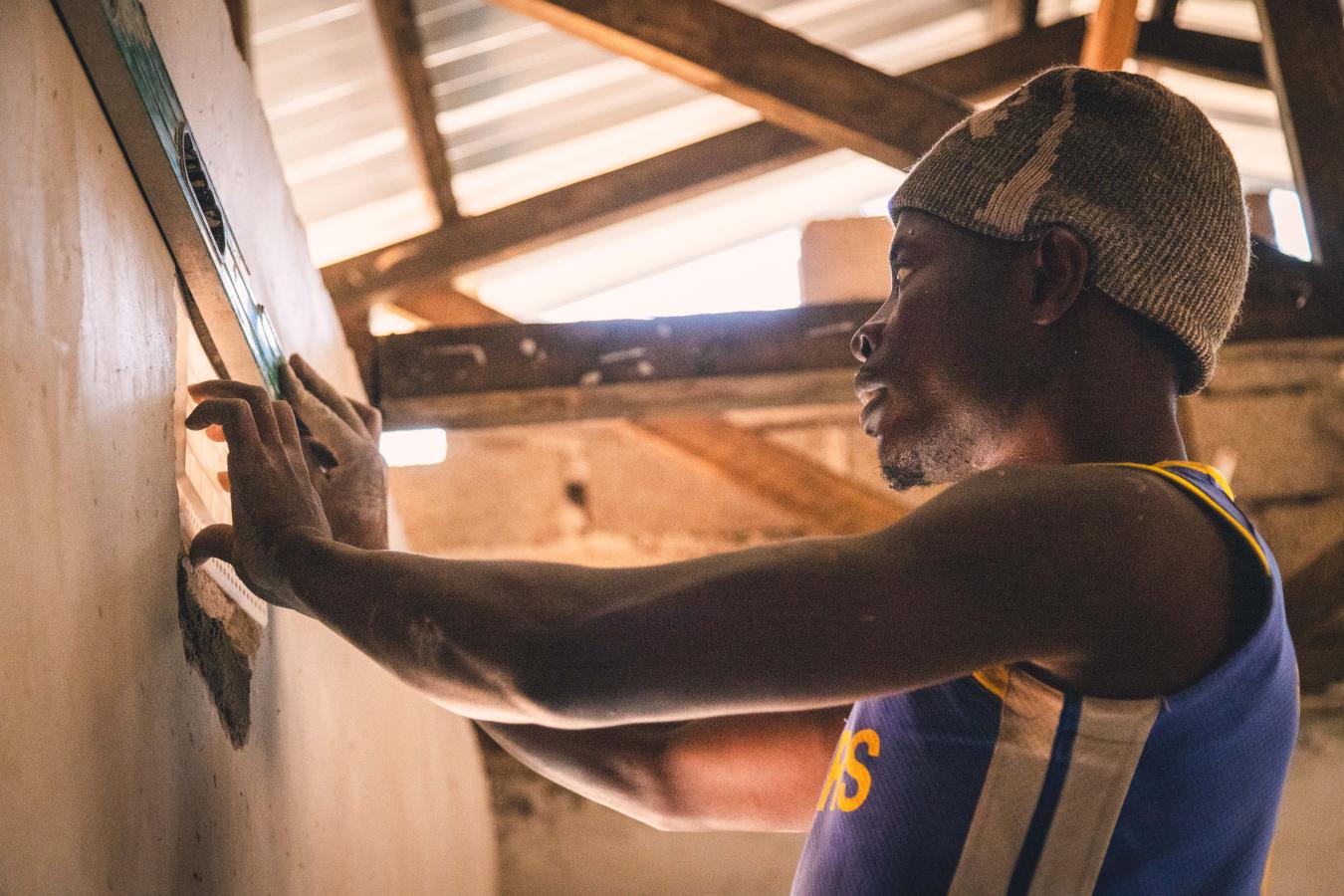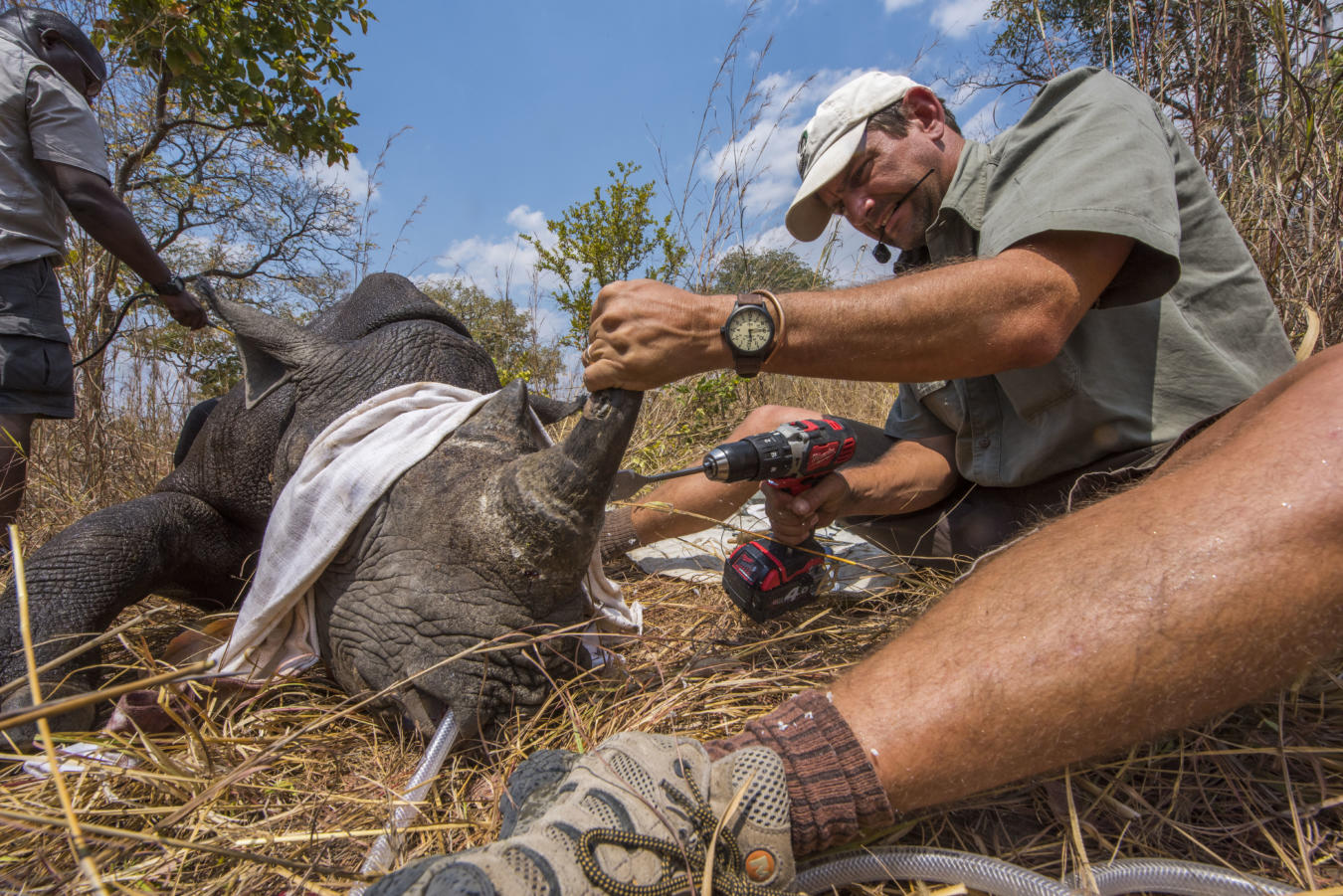As the North Luangwa Conservation Programme (NLCP) nears its 40th anniversary in 2026, it reflects decades of growth, resilience, and impact. From three ranger houses at the start of the DNPW–FZS partnership, it now employs over 300 Scouts to protect one of Zambia’s key conservation landscapes, with infrastructure evolving alongside this growth.
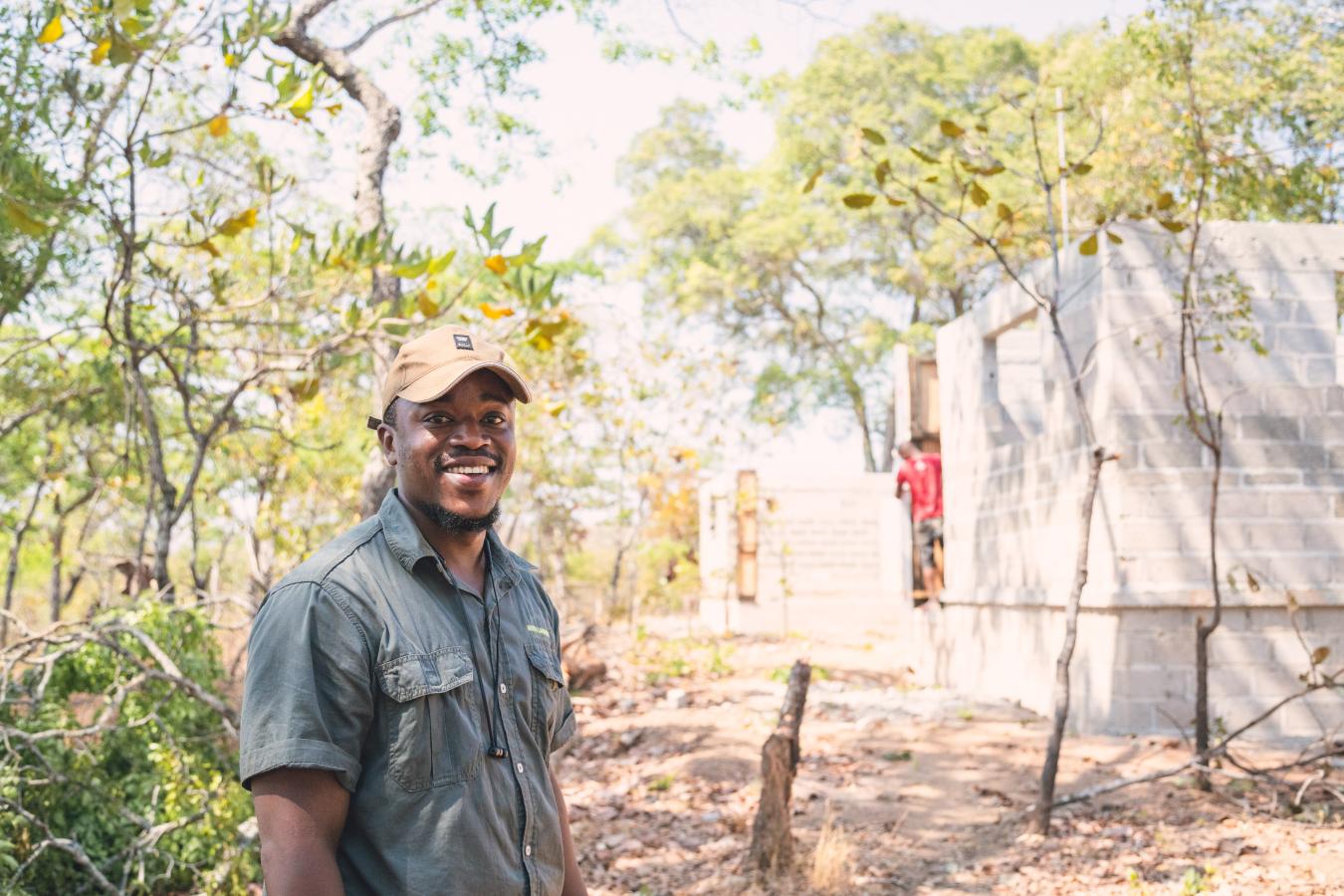
Building for the Future: NLCP Establishes New Operational Base at Mano
In recent years, a key challenge emerged: outdated facilities that no longer matched the scale and ambition of the programme, creating logistical delays and limiting operational efficiency. The original offices, workshop, and stores—located deep within North Luangwa National Park—were no longer fit for purpose. They were small, off-grid, and ecologically unsustainable in a protected core zone. At the same time, the programme’s expanding operations across a 22,000 km² landscape demanded improved coordination, accessibility, and logistical efficiency.
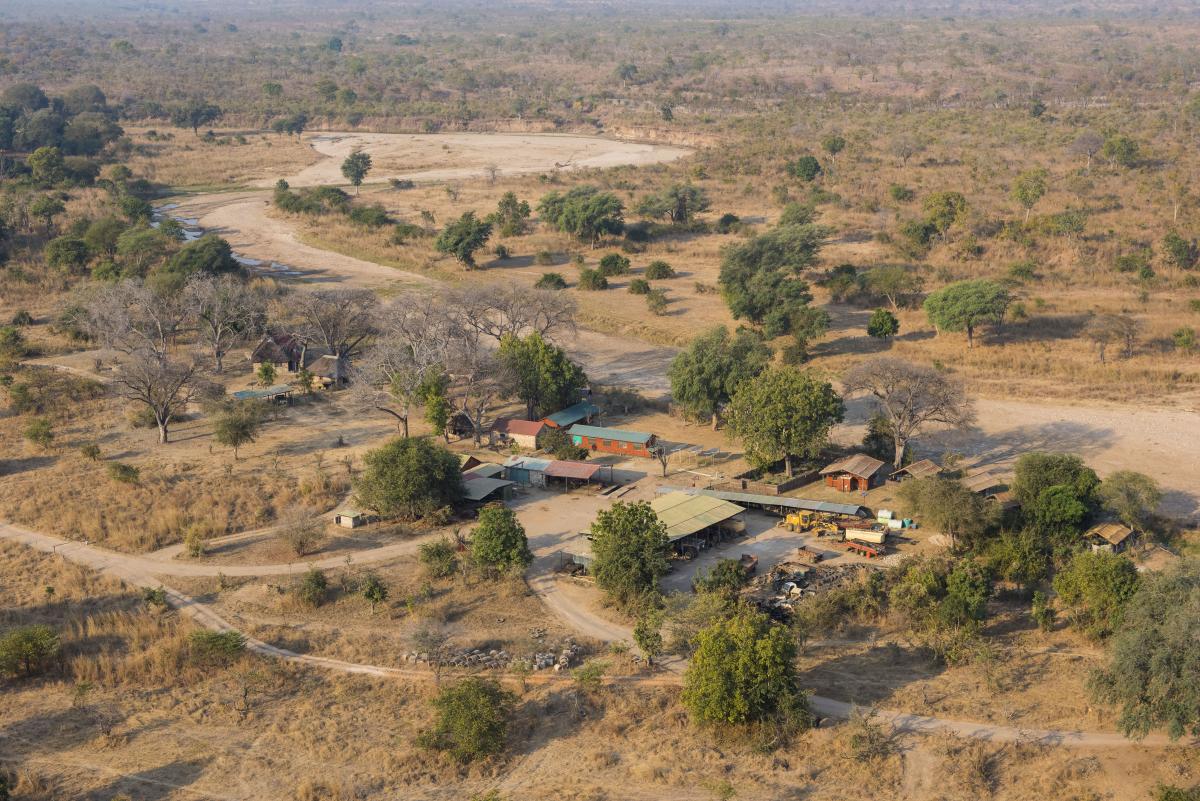
The decision was made to relocate the operational hub to Mano, a site on the edge of the Mukungule Game Management Area (GMA). This area offered critical advantages: access to the national power grid, cell phone signal, and roads that support daily operations. Thanks to the generosity of Chief Mukungule, who allocated land for the development, the relocation became a reality.
Construction of the new base began in January 2022, and inclusivity was central to the process. The Tigwilizane Women’s Committee was engaged for small works to ensure gender inclusion was embedded from the start, employing and training local women in construction skills.
Moreover, the development created meaningful employment—commercial contractors hired approximately 80 local workers, while FZS’s in-house team has maintained a full-time crew of 25 throughout the build.
“This base is more than a building—it’s an investment in people and in the systems that support conservation success,” said Rudo Tembo – NLCP’s Project Administration Manager. “With teams better connected and supported, NLCP is now even more equipped to meet its mission of linking livelihoods and landscape.”
“This base is more than a building—it’s an investment in people and in the systems that support conservation success.
The structures included a new aircraft hangar, improved climate-adapted canine base and kennels, workshop, various staff accommodations, warehouse, Combined FZS and DNPW Offices, canteen, vocational training hub, over 70 toilets and washrooms added to the existing scout houses and more.
Today, the new Mano base stands as a testament to four decades of conservation commitment. Senior scouts and their families now live in upgraded homes, reflecting the value NLCP places on those protecting Zambia’s only population of black rhinos, elephants, lions, and other iconic species. Staff previously stationed deep in the park—such as workshop and administrative staff—can now return home daily, improving their work–life balance and well-being.
This modern facility ensures that NLCP can better manage its extensive fleet, coordinate multi-stakeholder activities, and support its growing mandate across conservation, resource protection, and community engagement.
And this is just the beginning. A second major infrastructure project at Mano, specifically designed for the Mano-based scouts, is slated to begin later this year—marking yet another investment in the people who make conservation possible.






